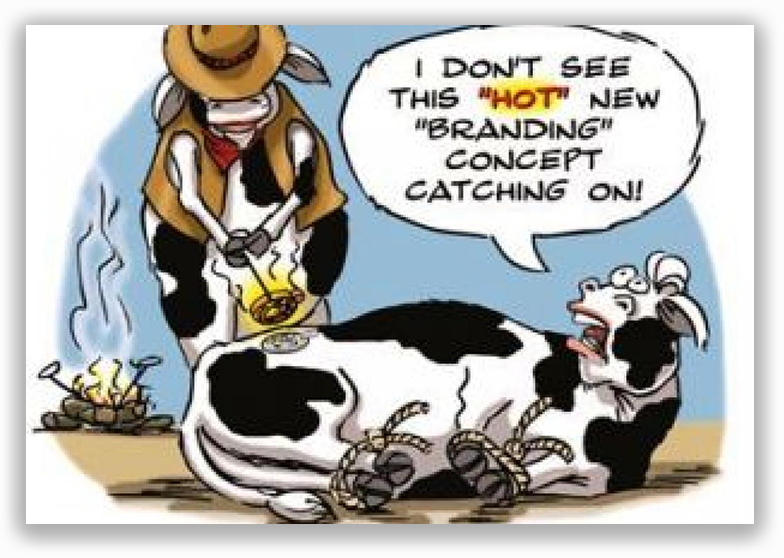We post news and comment on federal criminal justice issues, focused primarily on trial and post-conviction matters, legislative initiatives, and sentencing issues.

BRANDED
Remember when you were a kid, and the neighborhood bully would knock you down and push your face into the mud or twist your arm or something until you cried “Uncle”? That is what is known as “compelled speech.
Nine states require sex offenders to carry driver’s licenses emblazoned with some variation of the words “SEX OFFENDER” in bright capital letters across the top of the card. It’s like making the former defendant say “Uncle!” for the rest of his life, every time he writes a check, votes or goes to the doctor (all places we regularly have to show our DLs, at least in Ohio).
 In Louisiana, Tazin Hill had had enough crying “Uncle.” He altered his license to hide the sex-offender label, and he was charged with a felony for doing so. Last week, the Louisiana Supreme Court ruled that making sex offenders carry the labeled licenses violated the 1st Amendment by compelling them to say something the government ordered them to say, known as “compelled speech.” In this case, the label “SEX OFFENDER” was what the license holders were compelled to say.
In Louisiana, Tazin Hill had had enough crying “Uncle.” He altered his license to hide the sex-offender label, and he was charged with a felony for doing so. Last week, the Louisiana Supreme Court ruled that making sex offenders carry the labeled licenses violated the 1st Amendment by compelling them to say something the government ordered them to say, known as “compelled speech.” In this case, the label “SEX OFFENDER” was what the license holders were compelled to say.
The court held the identification card, branded with the words “sex offender” and the person’s “name, picture, address, and other identifying characteristics… is that “readily associated with him” and must be routinely displayed to others. Thus, “the branded identification card is compelled speech, and it is a content-based regulation of speech that consequently must pass strict scrutiny. While the state certainly has a compelling interest in protecting the public and enabling law enforcement to identify a person as a sex offender, Louisiana has not adopted the least restrictive means of doing so. A symbol, code, or a letter designation would inform law enforcement that they are dealing with a sex offender and thereby reduce the unnecessary disclosure to others during everyday tasks… As Louisiana has not used the least restrictive means of advancing its otherwise compelling interest, the branded identification requirement is unconstitutional.”
A state could as easily require people to carry licenses labeled “convicted felon” or “annoying neighbor” or even “leaves toilet seat up.” The mischief a state government can cause once people are being labeled is vast, making this and other similar decisions applicable to everyone, not just people convicted of sex offenses.
Louisiana v Hill, Case No 20-0323, 2020 LA LEXIS 2512 (LA Sup Ct Oct 20, 2020)
– Thomas L. Root

